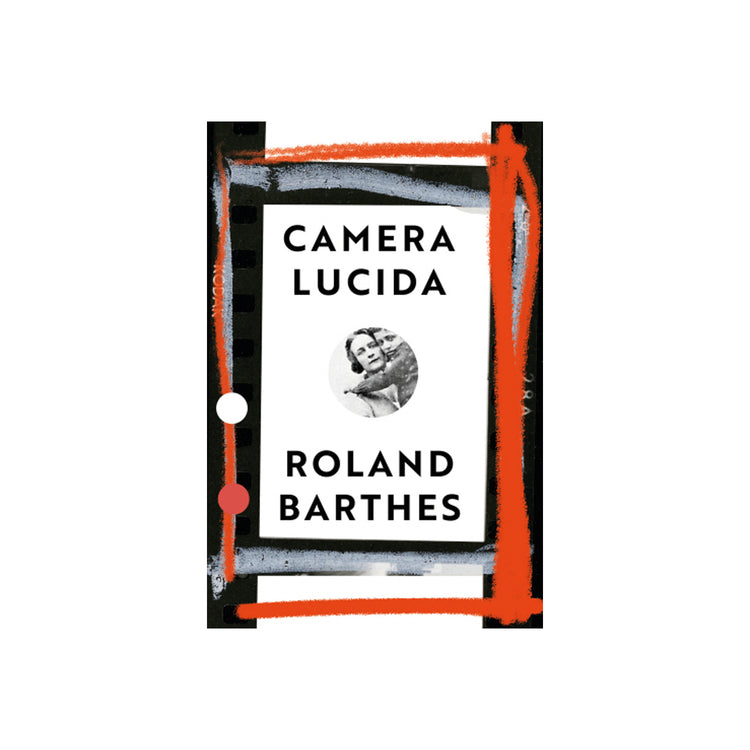
Camera Lucida by Roland Barthes
Description
More
Less
Barthes investigation into the meaning of photographs is a seminal work of twentieth-century critical theory. This is a special Vintage Design Edition, with fold-out cover and stunning photography throughout.
Examining themes of presence and absence, these reflections on photography begin as an investigation into the nature of photographs – their content, their pull on the viewer, their intimacy. Then, as Barthes contemplates a photograph of his mother as a child, the book becomes an exposition of his own mind. He was grieving for his mother at the time of writing. Strikingly personal, yet one of the most important early academic works on photography, Camera Lucida remains essential reading for anyone interested in the power of images.
Roland Barthes was born in 1915 and studied French literature and classics at the University of Paris. After teaching French at universities in Romania and Egypt, he joined the Centre National de Recherche Scientifique, where he devoted himself to research in sociology and lexicology. He was a professor at the College de France until his death in 1980.
Description
Barthes investigation into the meaning of photographs is a seminal work of twentieth-century critical theory. This is a special Vintage Design Edition, with fold-out cover and stunning photography throughout.
Examining themes of presence and absence, these reflections on photography begin as an investigation into the nature of photographs – their content, their pull on the viewer, their intimacy. Then, as Barthes contemplates a photograph of his mother as a child, the book becomes an exposition of his own mind. He was grieving for his mother at the time of writing. Strikingly personal, yet one of the most important early academic works on photography, Camera Lucida remains essential reading for anyone interested in the power of images.
Roland Barthes was born in 1915 and studied French literature and classics at the University of Paris. After teaching French at universities in Romania and Egypt, he joined the Centre National de Recherche Scientifique, where he devoted himself to research in sociology and lexicology. He was a professor at the College de France until his death in 1980.
You May Also Like








